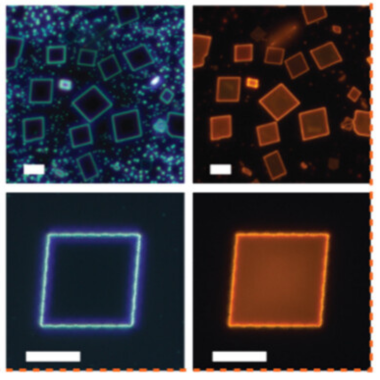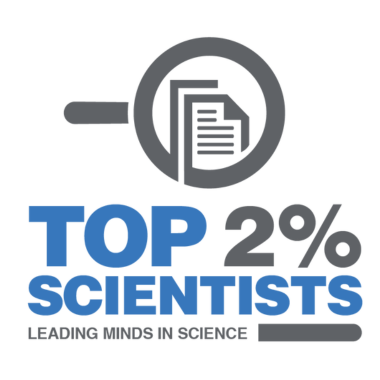Combining Artificial Intelligence and Chemistry to Identify Molecules
Chemistry Graduate Student Kiyoto Tanemura has recently had his research highlighted by ICER (MSU’s Institute for Cyber-Enabled Research).
He’s working to develop a method for identifying molecules based on information about the nature of their collisions. Kiyoto, studying computational chemistry with Prof. Kenneth Merz, Jr., uses artificial intelligence to predict the effective area at which organic molecules collide with inert gas molecules. This property is known as the collisional cross section.
His research is particularly relevant when examining large quantities of data involving cellular metabolism. It’s set apart from existing methodologies due to his combined implementation of quantum mechanics and deep learning algorithms. These impressive computer algorithms can use processes inspired by the human brain on a massive scale to analyze complex data.
What makes Kiyoto’s research unique is that he is navigating areas of computational chemistry that lack updated information; instead, he uses the power of machine learning algorithms to push his research forward. Training machine learning models takes considerable time and processing power, which is why he credits HPCC as an imperative tool for computing high volumes of data and performing the necessary calculations for his work.




